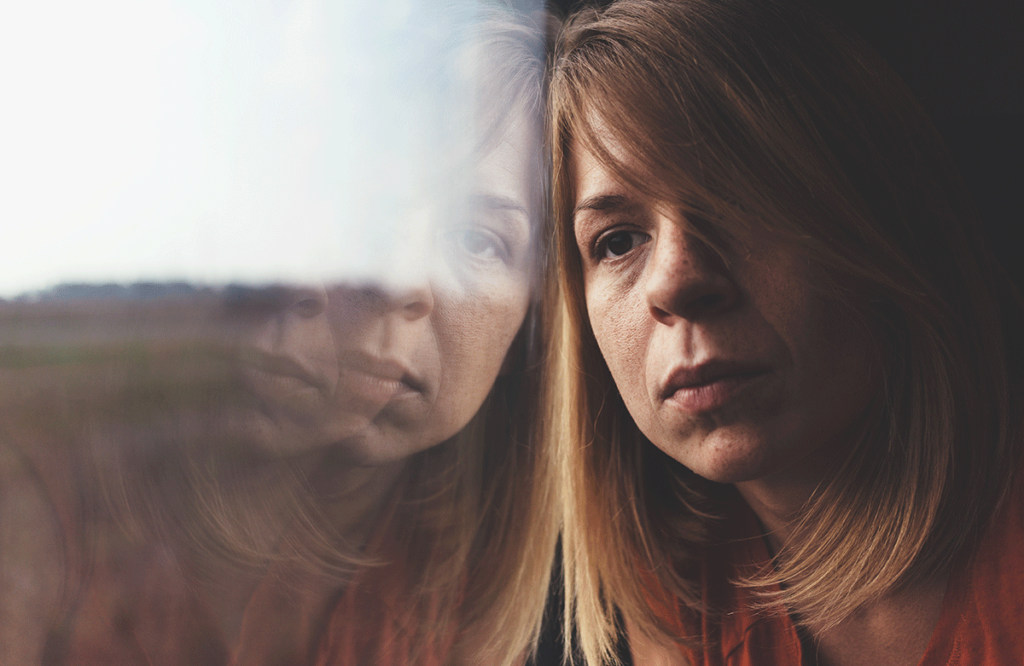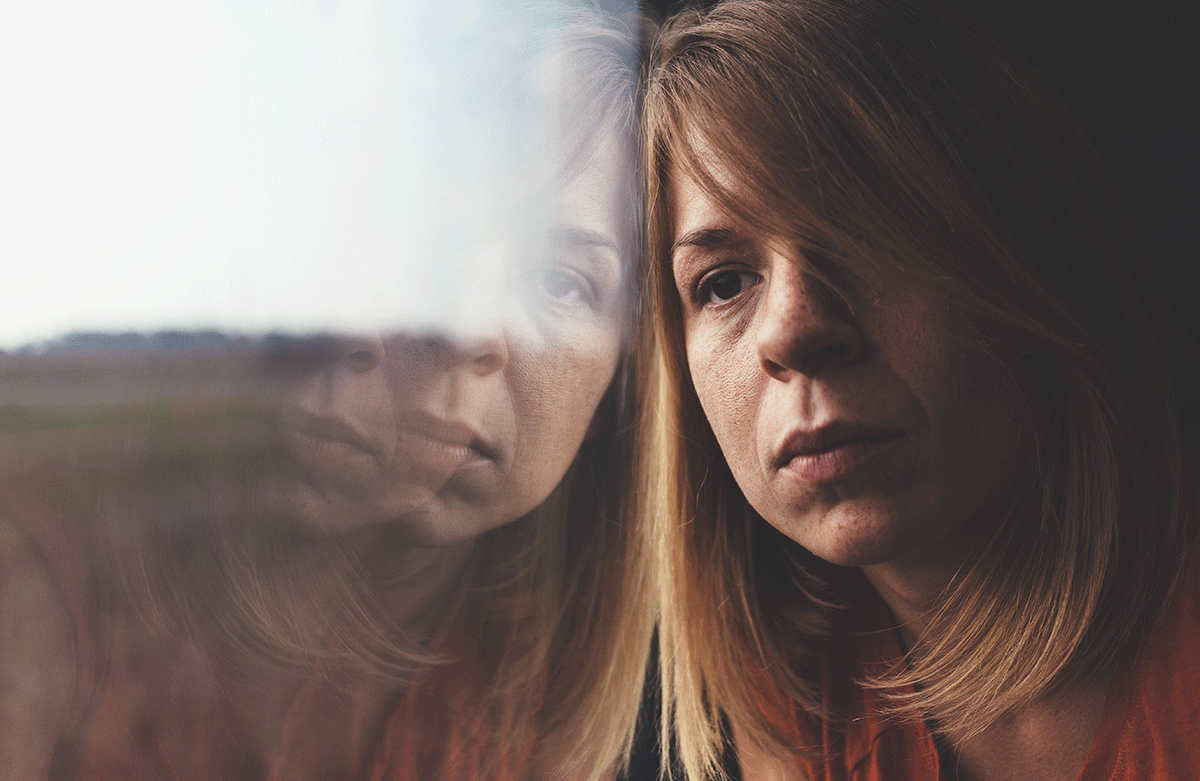When individuals use drugs or alcohol even recreationally, they can develop a dependency or addiction. The more potent the substance and the more frequent the use, the greater the risk of addiction. One particular drug, cocaine, is frequently used in social settings. If you or someone you love uses cocaine, it’s essential to watch for cocaine abuse symptoms.
Cocaine is often portrayed in film and television as a party drug or one used by ambitious business executives to maintain a competitive edge. In reality, cocaine is potent and can quickly lead to habit-forming behavior. Recognizing cocaine abuse symptoms in yourself and others is the first step in finding suitable cocaine addiction treatment to help individuals heal and recover from addiction.
Contact Santé Center for Healing at 866.238.3154 and learn how our comprehensive programs can help you or a loved one today.
Typical Cocaine Abuse Symptoms
Cocaine is a stimulant that offers a brief high. It gives the user a sudden burst of energy that quickly becomes addictive. Cocaine abuse often happens behind closed doors. Your loved one might use the restroom at a club. When returning, their behavior is entirely different. Suddenly, there is an air of excitement. Someone who is typically a little quieter suddenly becomes talkative. The person’s energy level is then through the roof. Your loved one is all of a sudden not all that hungry. They want to go out and do things.
But just as quickly, the energy wanes. Your loved one may then return to the restroom. Cocaine abuse typically happens in “binges” or periods of intermittent cycles of repeated dosing. The cycle may then repeat itself.
Common Signs of Cocaine Use
- Dilated pupils
- Long periods of wakefulness
- Loss of appetite
- Overconfidence
- Over-excitement
- Paranoia
- Runny nose or frequent sniffles
- Mood swings
- Irritability
- Financial problems
- Weight loss
If you or your loved one are experiencing cocaine abuse symptoms, it is vital to seek help. There are both physical and mental symptoms of cocaine abuse.
Look for Physical and Mental Symptoms of Cocaine Abuse
There are also physical cocaine abuse symptoms. White powder around the nostrils is an obvious giveaway. However, a runny nose without any allergies or a “cold” should be a warning sign, too. Nosebleeds can occur suddenly.
Mentally, there will be signs as well. Your loved one may fall into a deep depression between cocaine binges. Agitation may also accompany the use of the drug. High energy levels switch places with exhaustion.
Some people also experience paranoia. Paranoia is a symptom of some mental illnesses or substances. Signs of paranoia include:
- Over-exaggerated suspiciousness or distrust of others
- Thoughts that one is being plotted against or persecuted
- Delusions
- Preoccupation with hidden motives
- Unwarranted fear and anxiety
If you detect any signs of cocaine use, it is essential to seek professional behavioral health treatment as soon as possible.
Long-Term Health Effects of Cocaine Abuse
Cocaine use can have severe and lasting effects on a person’s health, far beyond the short-term impact. Prolonged use of this drug can lead to serious physical and psychological complications, some of which may be irreversible. Here are some of the most common long-term health risks associated with cocaine:
- Heart attack or stroke
- Loss of smell
- Respiratory failure
- High temperature
- Malnutrition
- Seizures
At Santé Center for Healing, our cocaine treatment programs are designed to help individuals heal and recover from cocaine addiction. Our compassionate staff works with clients to create a customized cocaine treatment plan that meets their needs.
Santé Center for Healing Offers Comprehensive Care
Addiction is a chronic illness that can rarely be addressed alone and almost always requires professional treatment. The process starts with detoxification. Medical experts help the individual to withdraw from cocaine safely.
If needed, medication-assisted treatment can help mitigate withdrawal symptoms, which often helps prevent relapse. At this time, therapists work with your loved one to assess the person for the possibility of a dual diagnosis.
Co-occurring mental health conditions such as depression or anxiety are often associated with substance use disorders. Dual diagnosis treatment addresses both the substance use disorder and any mental health issues simultaneously.
When it’s time to move to rehab, an intake counselor customizes a clinical care protocol. Examples of treatments include:
- Residential care that allows your loved one to take in the therapeutic atmosphere of the setting
- Family therapy that helps bring in loved ones to build bridges and re-establishing healthy communication opportunities
- Psychotherapy that uncovers triggers and offers solutions
- Experiential therapies that allow for peer interactions and the application of coping skills
- Group therapy sessions that combine with addiction education and relapse prevention strategy planning
With a continuum of care spanning detox to residential to outpatient to aftercare, Santé Center for Healing can help you or a loved one break the cycle of cocaine addiction and find a path toward healing.
Contact Santé Center for Healing to Begin the Recovery Journey
If your loved one shows cocaine abuse symptoms, don’t wait another day. It’s time to get help. Santé Center for Healing has compassionate, professional addiction treatment specialists who routinely work with a variety of substance use disorders.
Contact Santé Center for Healing online or call 866.238.3154 to learn more about our addiction treatment programs and services.







